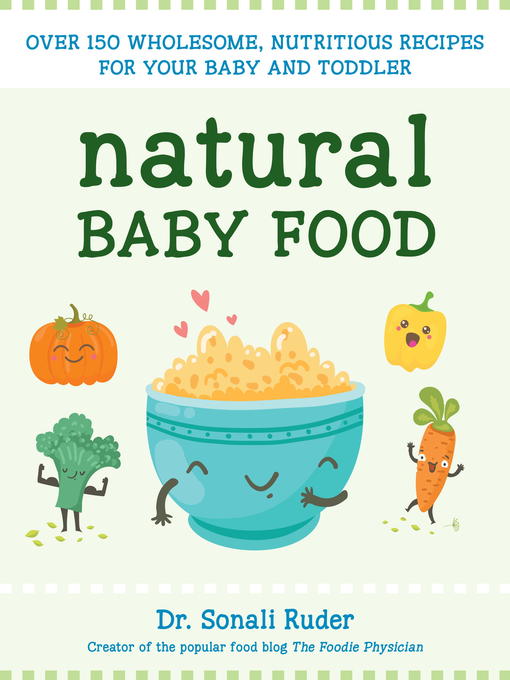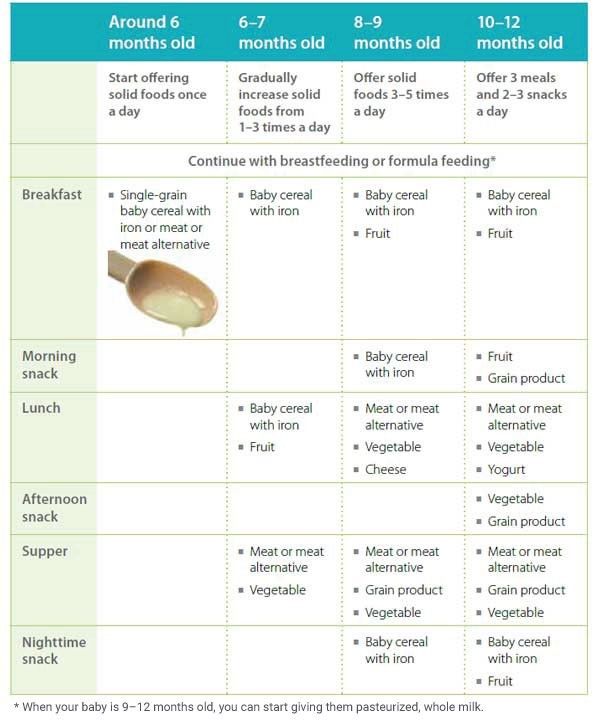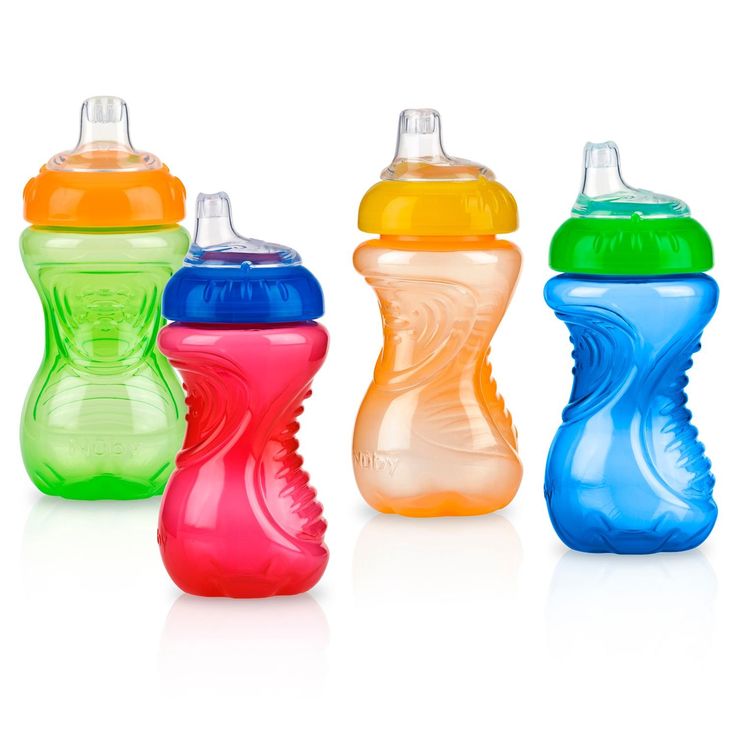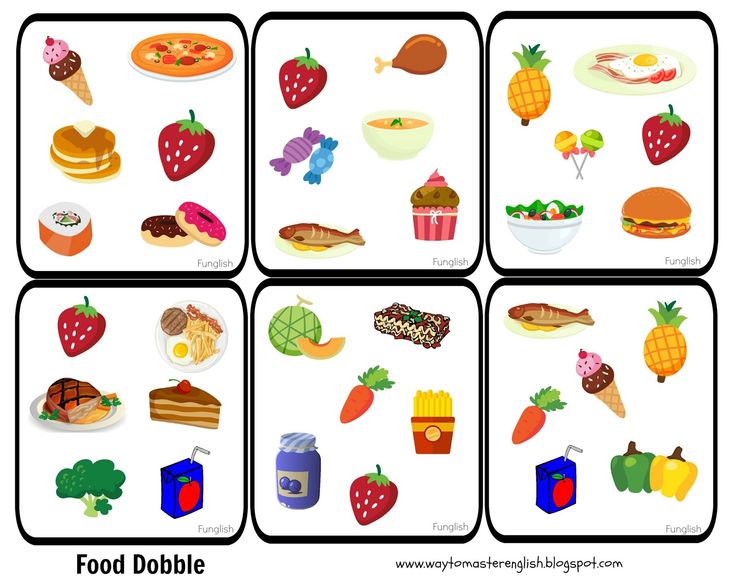Feeding baby formula before bed
Should I give my Breastfed Baby Formula at Night or before Bed? - The Sleep Store
Every sleep deprived parent is searching for the magic bullet that will help their baby to sleep through the night so they can get some much needed ZZZ’s. You’ve mentally prepared yourself for the lack of sleep that comes with having a newborn, but then the fourth trimester is over and you’re still a walking zombie!
One topic that pops up frequently on our Sleep Store Facebook group is giving a bottle before bed to help baby sleep through the night. Surely this must help, right?! If they’re full to the brim, they’ll sleep for longer, right?!
Will giving my baby formula keep them fuller for longer?
Short answer – yes and no.
Breastmilk and formula both contain carbohydrates, fats, protein and minerals which babies need for physical and mental growth and development. Aside from the obvious differences, breastmilk and formula contain differing types of these components which significantly sets them apart.
Protein is the molecule in milk which we consider to be important for satiety (feeling full). Breastmilk protein consists primarily of whey. Whey is easily absorbed by the baby’s immature gut and provides important nutritional factors which contribute to overall gut health. It also contains sleep inducing factors which actually encourage babies to sleep. However, because breastmilk is so easily digested, babies wake to feed more frequently. Formula protein consists primarily of casein which is harder for babies to digest and therefore, keeps them fuller for longer. However, formula increases the risk of an inflammatory response in the gut which can give babies excess wind, bloating and pain – all of this means no extra sleep for poor mum and dad.
Will giving my baby formula help them sleep longer?
Short answer – no.
As mentioned above, breastmilk is so easily digested that breastfed babies will wake frequently to feed in the early months. They are biologically programmed this way for their survival. However, it is possible to reduce the amount of night waking and eventually, help baby sleep through the night. All babies will need to feed during the night for the first few months. However, once babies are over five months old, their stomachs are larger and they are able to last longer stretches without milk. Also, sleep patterns change considerably and ALL babies will wake 4-6 times during the night. The key here is to teach baby to settle without needing to feed (and ideally without your help). For more information on teaching your baby to self settle, click here. In fact, a recent Harvard University study has shown that babies who are breastfed but do not wake to feed during the night sleep significantly longer than breastfed babies who wake to feed during the night.
They are biologically programmed this way for their survival. However, it is possible to reduce the amount of night waking and eventually, help baby sleep through the night. All babies will need to feed during the night for the first few months. However, once babies are over five months old, their stomachs are larger and they are able to last longer stretches without milk. Also, sleep patterns change considerably and ALL babies will wake 4-6 times during the night. The key here is to teach baby to settle without needing to feed (and ideally without your help). For more information on teaching your baby to self settle, click here. In fact, a recent Harvard University study has shown that babies who are breastfed but do not wake to feed during the night sleep significantly longer than breastfed babies who wake to feed during the night.
Giving formula as an alternative when breastmilk is available is no guarantee that your baby will sleep longer. In reality, you’re playing Russian roulette as it could potentially have unwanted side effects for your baby and cause them to wake even more frequently for comfort.
It’s also worth mentioning here that whether babies are breastfed or formula fed, night waking in the early months is a protective factor against Sudden Unexpected Death of an Infant (SUDI).
I’m confused, should I do it or not?
Short answer – if you feel it’s the right decision for you and your baby, go for it!
Only you know what is best for you and your baby, it is no one’s place to judge you for any decision you make. Now you have the information, you can make an informed choice.
By Andrina Wilson, Sleep Coach & Midwife.
References:
Ask Dr Sears. Comparison of human milk and formula. Retrieved from http://www.askdrsears.com/topics/feeding-eating/breastfeeding/why-breast-is-best/comparison-human-milk-and-formula
Brown, A., & Harries, V. Breastfeeding Medicine. June 2015, 10(5): 246-252. doi:10.1089/bfm.2014.0153
Haig, D. Troubled Sleep: Night waking, breastfeeding and parent-offspring conflict. Evolution, Medicine and Public Health. March, 2014. doi: 10.1093/emph/eou005
Evolution, Medicine and Public Health. March, 2014. doi: 10.1093/emph/eou005
McKenna, J. Night waking among breastfeeding mothers and infants: Conflict, congruence or both? Evolution, Medicine and Public Health. March, 2013. doi: 10.1093/emph/eou006
Is it ok to breastfeed during the day and give formula at night? Milk Drunk
If you’re breastfeeding your newborn, there may be times when nights are hard. Maybe you have multiples, work nights or you want to start letting someone else in the house be responsible for those late, night-time feedings (YES!). The decision to breastfeed during the day but give infant formula at night is a common choice for many moms. This decision to combo feed— any sort of mix of breast milk and baby formula- allows for both formula feeding and breastfeeding interchangeably. Combo feeding with a night bottle is a great solution.
Table of Contents
- How to formula feed a breastfed baby
- Night-time pumping routine
- Will combo feeding lower milk production?
- Pumping at night
- Night-time tips for formula feeding and pumping
- What are the types of baby formula
- Reasons why some moms combo formula feed, especially at night
- Babies can be waking at night because of these reasons
- Is it OK to breastfeed during the day and formula feed at night?
- When introducing your baby to formula after breastfeeding, it may be best to do so gradually, if possible.

- Try to switch one feeding at a time and give formula for only that feed for a few days. Then you can repeat with another one if needed, and so on.8
- Have someone else feed your baby with formula. Sometimes when babies smell mom, all they want is breast milk. If you’re having this problem getting your baby to take a formula bottle, see if having someone else give the bottle does the trick.9
- Ensure that you still use your breast pump to pump out breastmilk and avoid engorgement of the breast, which occurs when your breast is full of milk, but it’s not being used up at the same rate it’s being produced.10
Night-time pumping routine
Lactation consultant and Bobbie medical advisor, Jadah Parks Chatterjee, shares her insight for moms who are making the switch to combo feeding. It’s important to note that you will still need to express milk during the usual night-time feeding times, at least to start. “If you are combination feeding, providing human milk by utilizing the pump, it is recommended to pump 8-12 times in a 24 hour period, for 15-20 minutes to mimic your baby’s eating pattern. Pumping every 3-4 hours to support your body to continue to make milk and to prevent engorgement,” says Chatterjee. “Skipping night time pumping sessions can increase the amount of plugged ducts and the risk of mastitis. Neither are fun, all are generally preventable with consistently expressing milk.”
Pumping every 3-4 hours to support your body to continue to make milk and to prevent engorgement,” says Chatterjee. “Skipping night time pumping sessions can increase the amount of plugged ducts and the risk of mastitis. Neither are fun, all are generally preventable with consistently expressing milk.”
Will combo feeding lower milk production?
“If our body doesn’t receive the message via stimulation from baby nursing, hand expression or pumping, the hormones needed to make milk will begin to decrease. This will affect your milk supply. Skipping night time pump sessions is common, and ok if it happens, we just don’t want to make it a habit if the goal is to have 25-35ml of human milk expressed daily for your baby,” says Chatterjee. “This is where getting to know and trust your body and body sensations come in. Are you feeling engorged when you skip a night time pumping session? If so, your body is communicating a back up of milk volume, increasing your risk for chronic engorgement, plugged ducts and mastitis. To prevent this from occurring, continue to engage your pump every 3-4 hours to prevent the discomforts of engorgement. “
To prevent this from occurring, continue to engage your pump every 3-4 hours to prevent the discomforts of engorgement. “
Pumping at night
Additional night time pumping sessions are (usually) recommended for a short period of time to increase your milk supply. “If you are consistently finding you need to add additional pumping sessions at night, add a session during the waking hours to eliminate an additional feeding,” recommends Chatterjee. “However, if you and your baby have decided that it’s the early quiet hours after midnight when you like to feed, then wake up and feed your baby. Only if you are pumping to increase your milk supply or your milk storage supply do you need to pump following the feeding session. Otherwise, after the baby has enjoyed their 3 am snack, everyone should go back to sleep.”
Chatterjee notes that this information is very general and needs to be based on what’s going on with the lactating parent, their goals and how the baby is thriving.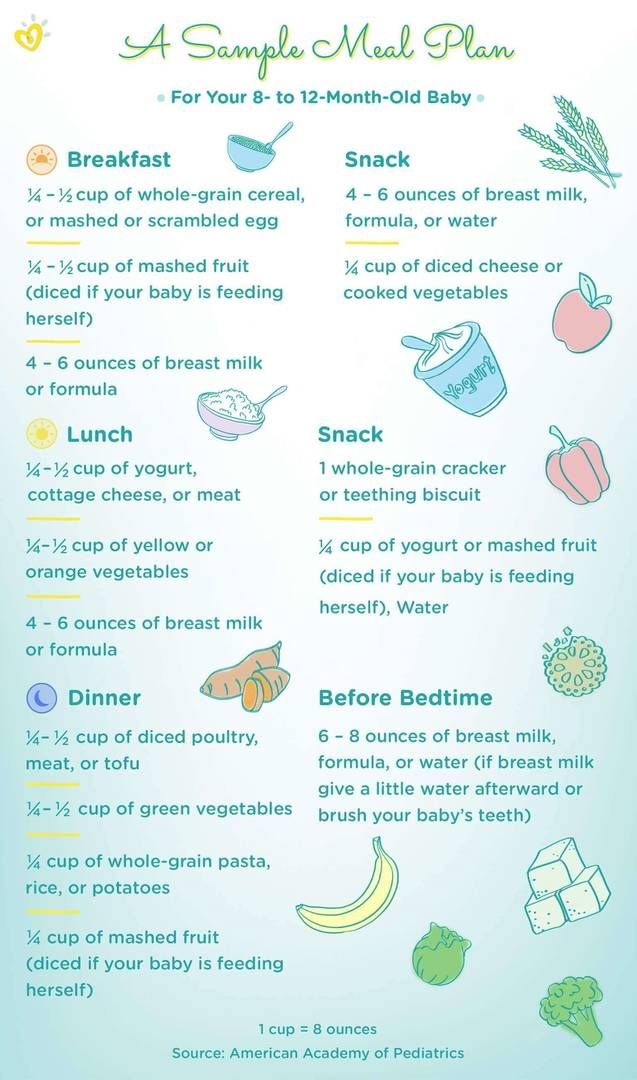 Moms can always connect with their OBGYN or infant feeding specialist for a more personalized plan.
Moms can always connect with their OBGYN or infant feeding specialist for a more personalized plan.
Night-time tips for formula feeding and pumping
Chatterjee shares her advice for planning for the night time if combo feeding and using a pump:
- Identify the support person and schedule for formula feeding at night.
- Keep all of your feeding supplies nearby.
- Have bottles of formula prepared for the night time feeding. The temperature of the formula is your baby’s preference. Cold milk or milk warmed with a bottle warmer are both acceptable options.
- Although some experts recommend preparing each formula bottle right before you give it to your baby, there are times when this just isn’t practical. And one of those times may be the middle of the night. Since formula is safe in the fridge for 24 hours after it’s prepared, you can make that middle of the night bottle before going to sleep so it’s all set to go when you need it.11 You can also have a formula pitcher on hand.

- Pumping to increase your milk supply to be stored and enjoyed for later? Pump for 15-20 minutes.
- If you were dancing in your dreams while your pump alarm was going off, no problem. When you wake up, take a breath, hop into a warm shower then pump 15-20 minutes to decrease engorgement if present. If you don’t have time for a shower, try a warm compress for 10 minutes on your breast / chest to increase circulation and support milk flow when you are pumping.
- Store the expressed/pumped milk. It is considered safe for expressed milk to be room temperature for 4 hours. After that, it should be refrigerated (up to 7 days) or placed in the freezer (6 months – 1 year).
- Your body is communicating it is comfortable skipping night time pumping and you are reaching your daily goal in volume of milk? Enjoy your dreams.
- Have a support plan. The night-time feeding may not always have to be done by you. If you have a partner, family member or friend at home who can also feed your baby in the middle of the night, try to set up a schedule with them so you can get a little rest.
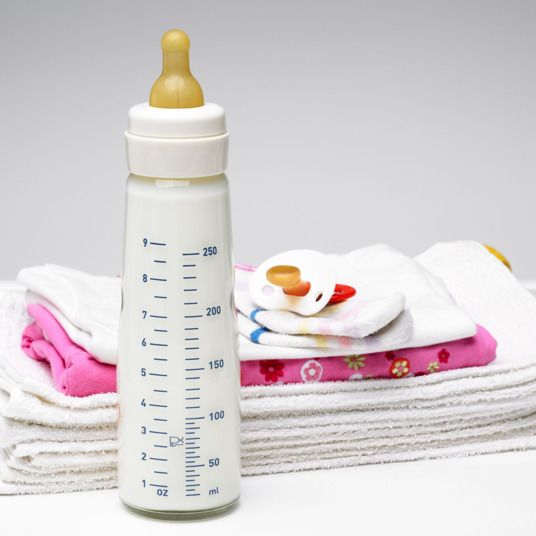 Chatterjee shared that she and her partner alternated, one would get up to feed the baby and the other would do the dishes.
Chatterjee shared that she and her partner alternated, one would get up to feed the baby and the other would do the dishes. - Don’t forget to burp your baby every 10 minutes or so.
If you’re new to baby formula, you may be wondering what it is and if it’s safe for your baby? Infant formula is an alternative to breastmilk that is used for feeding infants. Baby formula production is heavily regulated, so all formulas that are legally marketed and sold in the US have to have certain amounts of nutrients in them.1
All baby formula ingredients should include the basics of water, a carbohydrate, protein, fat, vitamins, and minerals. The protein base of formula can come from many commonly used milk types like cow, goat, or soy. The most commonly used base is cow’s milk, but sometimes babies need another type of protein for a medical reason, or parents may choose a different kind of formula.
It is recommended that parents practice exclusive breastfeeding for the first year of a baby’s life. 2 This, however, isn’t possible or practical for many parents, so formula can play an important role in providing babies the nutrition they need.
2 This, however, isn’t possible or practical for many parents, so formula can play an important role in providing babies the nutrition they need.
Shop Bobbie Organic Infant Formula
Bobbie Organic Infant Formula is a USDA Organic, EU-style infant formula that meets all FDA requirements. It is a complete nutrition milk-based powder modeled after breast milk and is easy on tummies. It is non-GMO and doesn't have corn syrup, palm oil, or maltodextrin. Learn more about Bobbie.
Shop Bobbie
What are the types of baby formula7- You will find infant formulas are made from 3 common bases: cow’s milk, soy, or protein hydrolysate, which contains more broken down proteins. Most babies who breastfeed are fine to start cow’s milk formula, and the other two forms are mostly used for babies with medical issues. However, you should always talk to your baby’s healthcare provider before choosing a formula so you can make sure you are picking the best one for them.
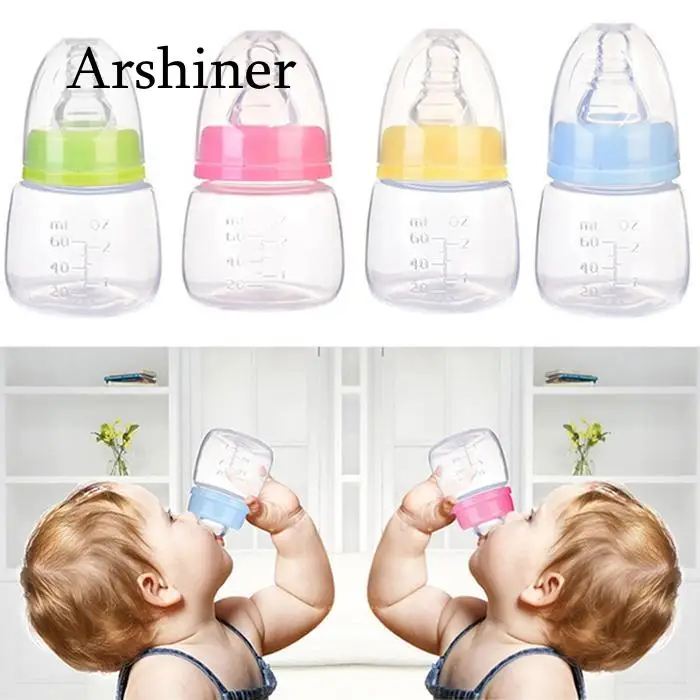
- You will also find that these bases come in 3 forms: powdered, liquid concentrate and ready to use. The main differences between these are the price and what’s involved in preparing them.
Reasons why some moms combo formula feed, especially at night:
1-
Combo feeding allows someone else to assist with feedingsBeing a parent is hard (gulp). It’s exhausting to wake up at night (again and again) to breastfeed an infant, leaving all parents to newborns exhausted. Without rest, it’s really hard for parents to give their all to their babies during the day. Letting someone else formula feed the baby means getting some help and much needed rest, which leads to a more-rested and happier mom.
With formula feeding, you get a chance to take a breather and perhaps get a full night’s rest since another family member can take care of feedings in the middle of the night. This also gives someone else a chance to bond and build a relationship with your baby.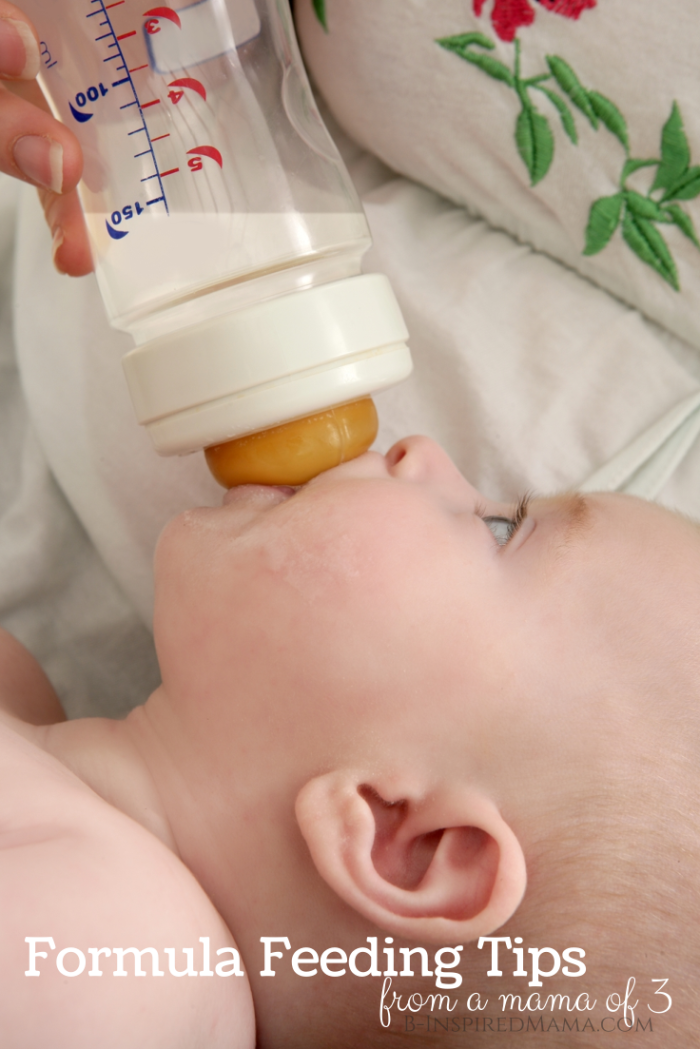
2-
Combo feeding is a great way to feed multiple babiesBreastfeeding one infant can be tough, and breastfeeding multiples can be super tough. Some moms don’t have enough supply (especially in the beginning) to fully breastfeed two or more babies. Not to mention the time and logistics involved, which can be stressful. Multiples are also more likely to be premature and need more calories than babies born on time, so these infants are sometimes recommended to have formula by their healthcare provider for extra calories, vitamins and minerals.
Choosing to supplement with formula during the day or the night is a great way for moms to step back and allow some time for rest, which is definitely needed when you have two or more babies.
3-
Combo feeding is thought to get your baby to sleep through the nightAlthough without any scientific support, many parents believe formula feeding will help their little one sleep through the night. 3 Due to the way formula is made, it’s harder for babies to digest than breast milk, so some folks believe it may play a role in helping your baby sleep for longer before hunger sends them (and you) a wake up call.4
3 Due to the way formula is made, it’s harder for babies to digest than breast milk, so some folks believe it may play a role in helping your baby sleep for longer before hunger sends them (and you) a wake up call.4
However, it’s important to remember that babies wake at night for a number of reasons that do not relate to being hungry:5
Babies can be waking up at night because of these reasons other than hunger:
- They naturally have different sleep cycles than older children and adults
- They are in the teething phase, which can be painful
- Some babies are just “better sleepers” than others
It’s important to remember that parents play a key role in helping their babies learn to self-soothe and go back to sleep on their own as they get older, so start to take note of why your baby may be awake? Are they crying or screaming because they are hungry or in pain? Or are they babbling up a storm with their new sounds? The crying probably requires your attention, but the babbling probably doesn’t.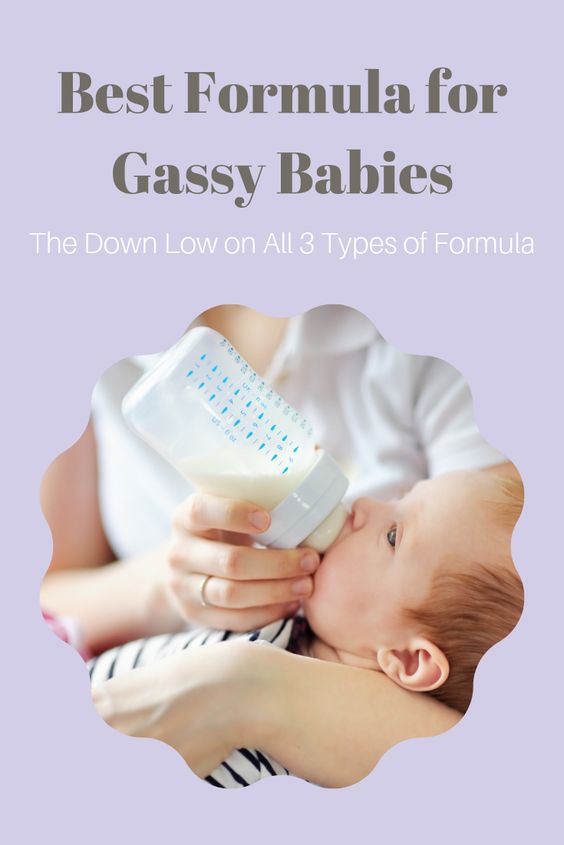 5
5
4- Combo feeding is used to help parents with night-time work schedules
Let’s face it, many moms are working moms, and this often means your schedule is not your own. Some moms work at night and others have very long days. Lots of moms try to make time to pump breast milk and leave a supply for their baby, but this may not be an option for everyone.
Unfortunately, in the end many employers are not as supportive of breastfeeding moms as they should be. That’s why unsupportive work policies and lack of parental leave are one of the top reasons mothers stop breastfeeding early.6
Is it OK to breastfeed during the day and formula feed at night?
Yes! Combo feeding is a great way to extend your breastfeeding journey.
Feeding your baby can happen many different ways. That can mean formula during the day or at night or breast milk during the day or at night. How you feed your baby is up to you! If combo feeding is what makes feeding easier all around, then try it as a method to help in your baby’s first year.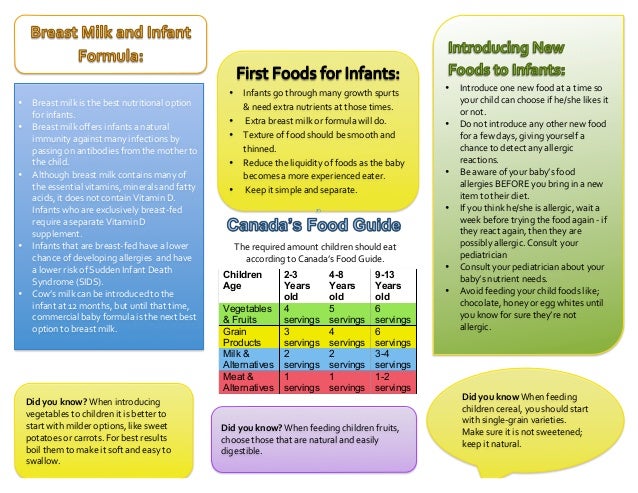 You can add in formula as much or as little as you feel good about.
You can add in formula as much or as little as you feel good about.
Verified by Morgan Leafe, MD, MHA
Shop Bobbie Organic Infant Formula
Bobbie Organic Infant Formula is a USDA Organic, EU-style infant formula that meets all FDA requirements. It is a complete nutrition milk-based powder modeled after breast milk and is easy on tummies. It is non-GMO and doesn't have corn syrup, palm oil, or maltodextrin. Learn more about Bobbie.
Shop Bobbie
Sources:
1- Questions and answers for consumers concerning infant formula | Food and Drug Administration
2- Breastfeeding and use of human milk | Pediatrics
3- Infant feeding methods and maternal sleep and daytime functioning | Pediatrics
4- Breastfeeding your baby: breastfeeding- simply the best | New York State Department of Health
5- Why do babies wake up at night? | Seattle Children’s
6- Breastfeeding facts | Centers for Disease Control and Prevention
7- Infant formula: your questions answered | Mayo Clinic
8- Weaning | Centers for Disease Control and Prevention
9- Weaning your child | Nemours Kids Health
10- Breast engorgement | University of Michigan Health
11- Feeding your infant: how to prepare and store baby formula | Cleveland Clinic
Table of Contents
- How to formula feed a breastfed baby
- Night-time pumping routine
- Will combo feeding lower milk production?
- Pumping at night
- Night-time tips for formula feeding and pumping
- What is baby formula, anyway?
- What are the types of baby formula7
- Reasons why some moms combo formula feed, especially at night:
- 1- Combo feeding allows someone else to assist with feedings
- 2- Combo feeding is a great way to feed multiple babies
- 3- Combo feeding is thought to get your baby to sleep through the night
- Babies can be waking up at night because of these reasons other than hunger:
- 4- Combo feeding is used to help parents with night-time work schedules
- Is it OK to breastfeed during the day and formula feed at night?
The content on this site is for informational purposes only and not intended to be a substitute for professional medical advice, diagnosis or treatment. Discuss any health or feeding concerns with your infant's pediatrician. Never disregard professional medical advice or delay it based on the content on this page.
Discuss any health or feeding concerns with your infant's pediatrician. Never disregard professional medical advice or delay it based on the content on this page.
Bedtime formula and night feeding formula
06/21/2021 Reading time: 3 min 35225
In the first 1-3 months, babies receive breast milk on demand. Milk formula should be given on schedule. But how to distribute the daily volume of the mixture - only during the daytime or will you also have to feed at night? Will feeding before bedtime help your baby sleep better, or, conversely, will it burden his digestive system and cause anxiety? Young mothers should immediately understand this issue in order to avoid mistakes in organizing the nutrition of the baby.
Can bedtime formula help my baby sleep better?
Moms do not eat at night, so as not to spoil the figure. Babies do not need to worry about the figure, agree, is it ideal for them? But seriously, only a well-fed baby will sleep peacefully. Therefore, giving the mixture at night to the baby is not only possible, but also necessary.
Babies of the first 4-6 months of life are exclusively formula fed. But even after the introduction of complementary foods, the mixture should be left as the last feeding before bedtime. It will not overload the digestive system and will give the baby's body the necessary nutrients.
Can the mixture be given at night and at night?
During the neonatal period, that is, in the first 4 weeks of life, it is necessary to feed an artificial baby at regular intervals - after 3 hours.
For children of the first half of life, feeding takes place at night. The last during the day at about 24:00, and the first at 6:00. With a correctly calculated and sufficient volume of the mixture, the child must withstand a night break of about 6 hours.
With a correctly calculated and sufficient volume of the mixture, the child must withstand a night break of about 6 hours.
The older the baby is, the larger the portions that he eats at one time, and the longer the intervals between feedings will become. If the baby is gaining weight normally, feels well, and is cheerful, active and eats well during the day, then at night he should not ask for feeding. The correct amount of formula and the number of feedings will allow the child to remain full and also keep the night break in feeding the mixture.
If the cause of night awakenings is hunger, then neither the pacifier nor water will calm the baby for a long time.
And if this happens, then after making sure that the baby is dry, not cold and not overheated, does not want to drink, and more than 3-4 hours have passed since the last feeding, offer him a mixture.
Can I give formula at night to an older child?
For feeding children older than a year, mixtures of the third Nutrilak Premium 3 have been developed, and older than one and a half - the fourth formula of Nutrilak Premium 4. Their recipe takes into account the age-related needs and digestion characteristics of grown-up babies. Therefore, during the second and third years of the baby's life, his mother still does not have to puzzle over how to replace the mixture for the night.
Their recipe takes into account the age-related needs and digestion characteristics of grown-up babies. Therefore, during the second and third years of the baby's life, his mother still does not have to puzzle over how to replace the mixture for the night.
One has only to give up the bottle and give the formula first in a cup and then in a regular cup.
A child aged 1 to 3 years is allowed to have additional feeding before bed at about 22:00-22:30, if there is such a need and the most optimal and useful option is to offer a mixture, but it is correct to say a milk drink with the number 3 or 4 .
(1 ratings; article rating 5.0)
Up to what age to feed the baby at night and how to replace formula
Infant formula is only a forced replacement for mother's milk in the absence of sufficient lactation or underweight in the infant. In all other respects, the infant formula feeding algorithm remains the same as with breastfeeding. The baby also needs nightly feedings about every 3-4 hours. This is due to scientifically proven facts. Babies up to a year old have an accelerated metabolism, food is digested faster, and naturally, they experience hunger at night. Also, any anxiety of the baby at night forces him to demand his mother's participation, and of course - food as a sedative. There is even a theory that children are genetically woken up to eat to avoid "Sudden Infant Death Syndrome" in their sleep.
The baby also needs nightly feedings about every 3-4 hours. This is due to scientifically proven facts. Babies up to a year old have an accelerated metabolism, food is digested faster, and naturally, they experience hunger at night. Also, any anxiety of the baby at night forces him to demand his mother's participation, and of course - food as a sedative. There is even a theory that children are genetically woken up to eat to avoid "Sudden Infant Death Syndrome" in their sleep.
But also can't it continue indefinitely? The child grows, develops actively, from the age of 6 months receives a variety of complementary foods, and over time should form a normal daily routine. And for this you need to figure out: how to wean a child at night to eat the mixture in the most gentle ways.
Up to what age to give formula at night
Experts differ on this issue, but the average age when you can do without night feedings is nevertheless deduced. Infants with normal development can sleep peacefully at night without formula 10-12 hours from 9-12 months. Of course, if parents do not consider it necessary to restrict their child in nutrition, they can safely continue to feed their child at night and beyond. But they must be aware that, firstly, over time, these periods of eating become just a habit for the baby. And secondly, mothers should also think about their own well-being after sleepless nights. So, the approximate age of weaning a child from night feedings has been determined, it remains to find out how to replace the mixture for the night after a year for the first time of the transition to a new regimen.
Night formula alternative
Formula feeding formula is extremely nutritious and delicious for your baby. Therefore, the nightly replacement should be unequal, so that the baby subsequently feels that he does not need to wake up for such food. For these reasons, many mothers, thinking about how to replace the mixture for the night, use not the best products. It is strongly not recommended to use compotes or juices, because the ultimate goal is a complete and painless rejection of night food.



